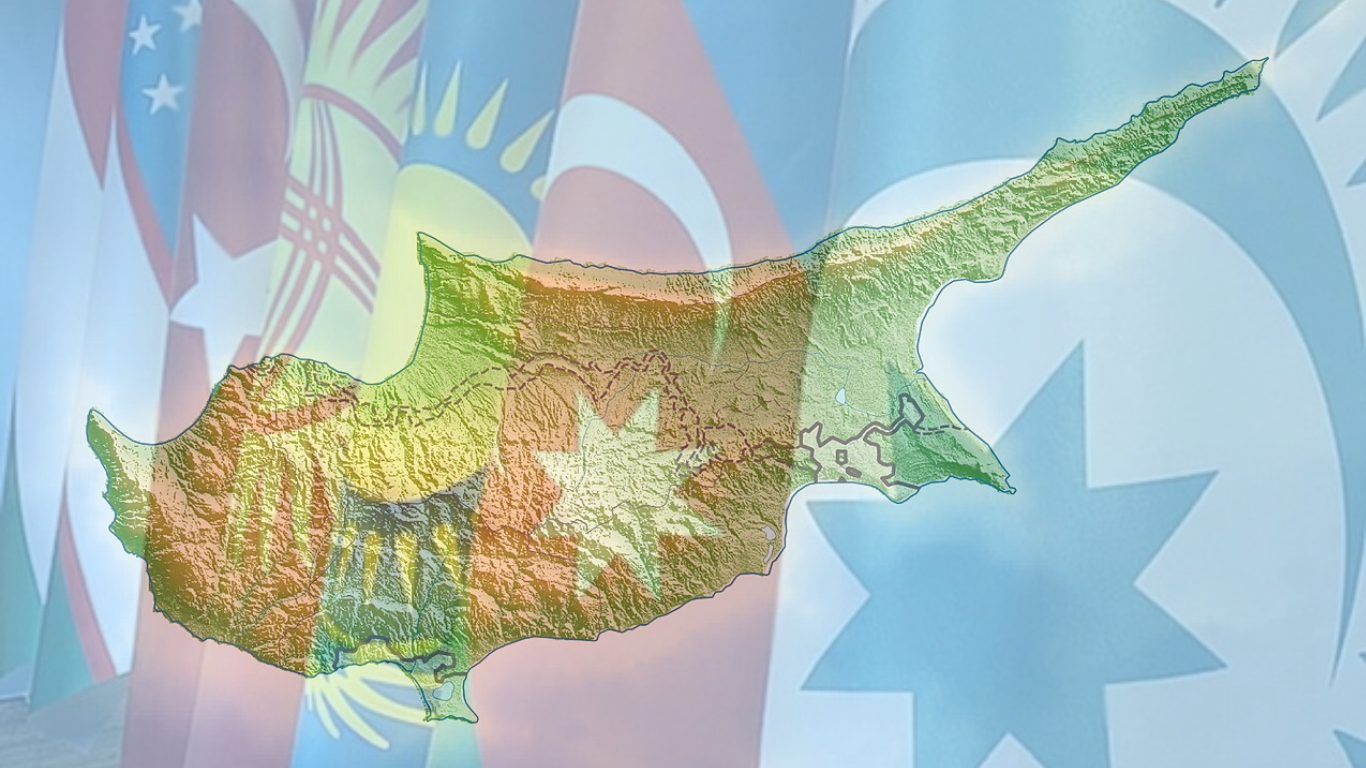EU-Central Asia summit tests unity of Turkic World amid Northern Cyprus dispute

On April 4, a declaration on the outcomes of the European Union–Central Asia Summit held in Samarkand was adopted. The document reflects the intention to elevate cooperation between the two regions to the level of strategic partnership, both on regional and global scales. The parties also expressed satisfaction with the progress made in this direction in recent times. The document also states that the participants of the meeting are committed to cooperation with UN member states based on the principles of peace, security, international law, respect for internationally recognized borders, democracy, adherence to the UN Charter, and respect for independence, sovereignty, and territorial integrity.
The summit may not have mentioned Cyprus by name, but its implications on the Northern Cyprus issue are unmistakable. Wrapped within broad affirmations of sovereignty and territorial integrity, the joint declaration indirectly echoed the EU's longstanding stance on the island’s division — a stance rooted in UN resolutions 541 and 550, which label Türkiye as an occupying force and recognize only the Republic of Cyprus as legitimate.
The four Central Asian states — Kazakhstan, Uzbekistan, Turkmenistan, and Kyrgyzstan — endorsed this language despite their close ties with Türkiye. These states are not only members of the Organization of Turkic States (OTS), but also growing participants in Brussels’ evolving Eurasian vision. The move follows a subtle but clear pattern observed earlier this year, when several Central Asian nations began accrediting ambassadors to Greece and Cyprus — an act that, while diplomatic, carries symbolic weight in favor of the EU narrative.
Earlier signs of this alignment were already visible. Over the past year, several Central Asian states began appointing ambassadors to Greece and the Republic of Cyprus — both strong backers of the EU position on the Cyprus dispute. For Brussels, which makes decisions by consensus, Cyprus’s red lines become EU red lines. It is highly likely that European diplomats, particularly from Nicosia, ensured the Cyprus-related language found its way into the declaration.
Well, in reality, this could have been avoided. The Central Asian members of the Organization of Turkic States (OTS) could have balanced their statements, just as the CSTO did by not participating in the summit. But their decision not to do so speaks volumes — perhaps more about growing EU influence in the region than a change in allegiance.
This leaves Türkiye and Azerbaijan with a dilemma — but also an opportunity. This moment calls for strategic recalibration. Rather than protest directly to the EU, which already sees Cyprus as a red line, diplomatic pressure and engagement must be redirected internally. The Central Asian OTS members, who now find themselves balancing Brussels’ interests with Ankara’s, are in a delicate position. Here, Azerbaijan’s deep diplomatic experience, especially in navigating the EU's policy, could prove invaluable in guiding its Turkic allies through nuanced, long-term negotiations.
What can Türkiye and Azerbaijan do next?
While some may interpret this episode as a crack in the unity of the Turkic world, it’s more accurately a stress test. Integration processes are inevitably exposed to external geopolitical shocks. But moments like these help identify weak links, highlight communication gaps, and create incentives for stronger institutional coordination. This should be considered as more of a test of unity, not a rupture
Azerbaijan is well-positioned to mediate — not only as Türkiye’s closest ally but also as a trusted partner to the Central Asian states. With Baku set to host the upcoming OTS summit and assume chairmanship, its leadership will be essential in managing both fallout and forward momentum. Well, the OTS is a consortium of sovereign states with shared heritage but individual priorities; it is not a hierarchy — it is a voluntary integration platform. Perhaps there is no certain leader within the OTS — only aligned interests that must be carefully managed through diplomacy.
That said, the Turkish Republic of Northern Cyprus (TRNC) issue won’t disappear. While full OTS membership for the TRNC may remain shelved for now and may also be in the near future, the goal remains the same. The TRNC continues to function under Türkiye’s protection, and no amount of declarations will change that reality.
For now, the key task lies in defending the principle that strategic solidarity in the Turkic world must be safeguarded from outside pressure. The coming summit in Baku will be watched closely, not just for symbolism, but for strategic signals. Türkiye and Azerbaijan will continue advocating for the TRNC’s future within the OTS. And the EU — no matter how skillful its diplomacy — must reckon with the resilience of a region that refuses to fracture under geopolitical strain. The path forward for the Turkic world runs through unity, nuance, and a shared understanding of sovereignty — one that includes, not excludes, Northern Cyprus.
Here we are to serve you with news right now. It does not cost much, but worth your attention.
Choose to support open, independent, quality journalism and subscribe on a monthly basis.
By subscribing to our online newspaper, you can have full digital access to all news, analysis, and much more.
You can also follow AzerNEWS on Twitter @AzerNewsAz or Facebook @AzerNewsNewspaper
Thank you!

